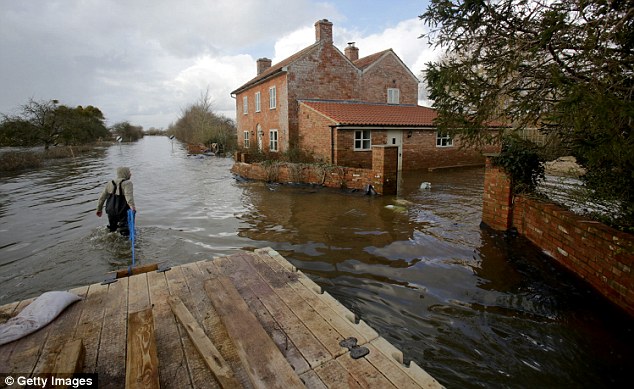-
Tips for becoming a good boxer - November 6, 2020
-
7 expert tips for making your hens night a memorable one - November 6, 2020
-
5 reasons to host your Christmas party on a cruise boat - November 6, 2020
-
What to do when you’re charged with a crime - November 6, 2020
-
Should you get one or multiple dogs? Here’s all you need to know - November 3, 2020
-
A Guide: How to Build Your Very Own Magic Mirror - February 14, 2019
-
Our Top Inspirational Baseball Stars - November 24, 2018
-
Five Tech Tools That Will Help You Turn Your Blog into a Business - November 24, 2018
-
How to Indulge on Vacation without Expanding Your Waist - November 9, 2018
-
5 Strategies for Businesses to Appeal to Today’s Increasingly Mobile-Crazed Customers - November 9, 2018
Mark Carney warns on climate change
Insurers must understand the impact climate change could have on their balance sheets and the wider economy, according to Bank of England governor Mark Carney.
Advertisement
A market failure to adequately price the economic costs of Earth-warming gases may come with a large bill – a fire sale of assets connected with and exposed to climate change effects, he said.
At a gathering of leading insurers at Lloyd’s of London, Mark Carney pointed out the rapid increase in weather-related catastrophes and the jump in both the physical and financial costs.
In the insurance industry, extreme weather events were becoming more costly, he said, with losses increasing from $10bn a year in the 1980s to $50bn in the last decade. “Shifts in our climate bring potentially profound implications for insurers, financial stability and the economy”, he said.
The combination of the weight of scientific evidence and the dynamics of the financial system suggest that, in the fullness of time, climate change will threaten financial resilience and longer-term prosperity.
‘While there is still time to act, the window of opportunity is finite and shrinking’.
Second, he said those harmed by climate change could seek compensation in the future, hitting firms such as oil firms or polluting industries and their insurers.
“So why isn’t more being done to address it?”
In a speech to the insurance market Lloyd’s of London, Carney warned policymakers” efforts to stop global warming threaten to render about one-third of fossil fuel reserves “stranded’, causing the prices of securities and stocks of fossil fuel companies to plunge.
He added:”The horizon for monetary policy extends out to 2-3 years”. In other words, once climate change becomes a defining issue for financial stability, it might already be too late. For financial stability it is a bit longer, but typically only to the outer boundaries of the credit cycle – about a decade.
Risks will be minimized if companies and investors begin adjusting early and policy follows a a predictable path, the governor said.
The PM pledged to contribute nearly £6 billion to fighting climate change in developing countries over the next five years, stressing the connection between tackling environmental threats and eradicating global poverty. Liability risks are the legal exposures through which those whose lives have been harmed by emissions could sue “those they hold responsible”, Carney said, and transition risks relate to the shift to a world increasingly powered with renewables.
This would take the form of a Climate Disclosure Task Force, which would set a voluntary standard for disclosure by companies that produce or emit carbon.
Advertisement
“The G20 – whose member states account for around 85 percent of global emissions – has a unique ability to make this possible”.





























